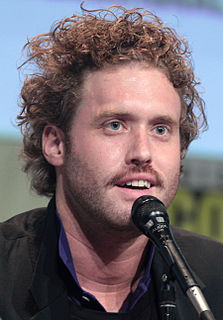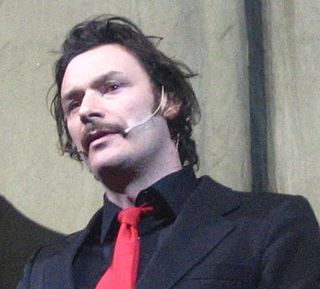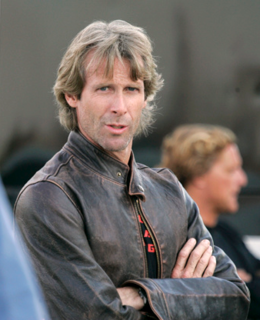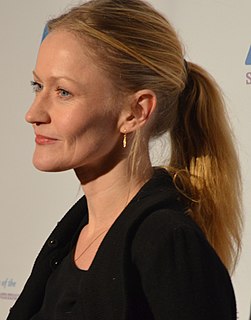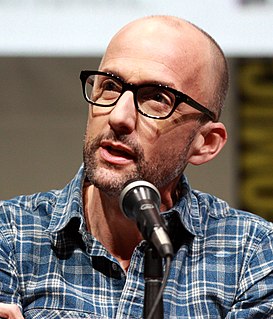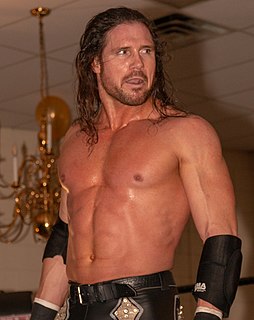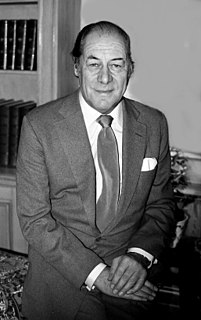A Quote by John Cleese
When the target audience is American teenage kids, you can have problems. My generation prized really fine acting and writing. Sometimes you have to go back to the basic principles which underpin great visual comedy.
Related Quotes
I acted in high school and studied at the British American Drama Academy in Oxford for one summer. I minored in theater, and I was always acting growing up and stuff, but really, I was just more interested in the comedy of it all. So for me, it's always comedy, and then acting is just one medium of comedy.
I live in L.A. so I worry my kids aren't that connected to Britain, I suppose I don't want them to become American kids. We try to get back three or four times a year. When they go to school they speak with a British-American accent but when they come home to us they go back to their British accent.
I live in LA so I worry my kids aren't that connected to Britain, I suppose I don't want them to become American kids. We try to get back three or four times a year. When they go to school they speak with a British-American accent but when they come home to us they go back to their British accent, so I can deal with that.
Acting is bad acting if the actor himself gets emotional in the act of making the audience cry. The object is to make the audience cry, but not cry yourself. The emotion has to be inside the actor, not outside. If you stand there weeping and wailing, all your emotions will go down your shirt and nothing will go out to your audience. Audience control is really about the actor




